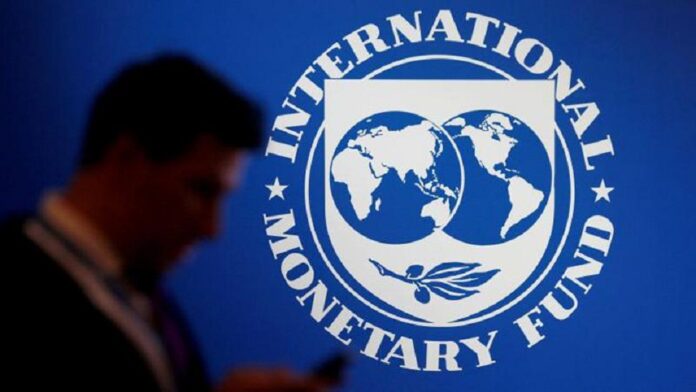By: Staff Writer
Colombo (LNW): Since last April, when Sri Lanka declared sovereign default, the country has gone through one crisis after another, the disbursement of US $ 333 first tranche of the US$ 3 billion International Monetary Fund’s Extended Fund Facility was the only sum of forex received by the country one year after seeking IMF facility.
The Government plans to raise a sum of US $ 3 billion from this facility for the next four year period keeping faith on multilateral international financial agencies such as the World Bank and Asian Development Bank and donor countries to pour more millions of dollars into Sri Lanka coffers .
The WB and ADB have pledged over $500 million while unlocking its development project assistance which was suspended immediately after the infamous declaration of preemptive debt default by Central Bank Governor Nandalal Weerasinghe on April 12 2022.
Since then all bridging financing and other financing arrangements have dried up completely and the country had been trapped in a serious forex shortage making it difficult to provide dollars to import basic essential commodities even after defaulting on around $3 billion forex debt, comprehensive analysis revealed.
Since seeking IMF bail out loan, Sri Lanka inflation has risen to over 50 percent while treasury bill interest rates have soared past 30 percent per annum, official data showed..
In the period from April 2022 to December 2022, the additional interest that the government has had to bear because of the rise in interest rates has been computed at an astronomical Rs.840 billion.
The Sri Lanka Rupee will depreciate and the exchange rate will face serious pressure, particularly when the currently restricted imports are allowed.in keeping with the IMF agreement.
When the Government and the CB announce the time table on lifting exchange restrictions and multiple currency restrictions and multiple currency practices on June 30, 2023, the uncertainty will further escalate, the risk analysis report revealed.
Forex reserve accumulations will be under severe pressure and it is likely to fall short of the targets. Further if the CB is unable to stabilize the exchange rate the exchange rate will encounter wide fluctuations, making it impossible for local enterprises to do business, the report predicted.
However, it is vital that the government recognize the short-term implications of this ongoing tax restructuring as it imposes further burdens on the poorest households in society during a time of soaring energy and food prices.
The IMF statement addresses the need for social safety nets but a greater emphasis is required to ensure that the benefits of the EFF program reach those struggling most with the economic crisis.
Several analysts argue that all an IMF bailout does is encourage capital markets and foreign investors to resume the flow of funds into the country.
They contend that Sri Lanka’s economic problems are much deeper than its lack of access to capital via these avenues, and observe that, if the country is to recover fully, it must prioritize essential imports, cut back wasteful expenditure and promote food security.

